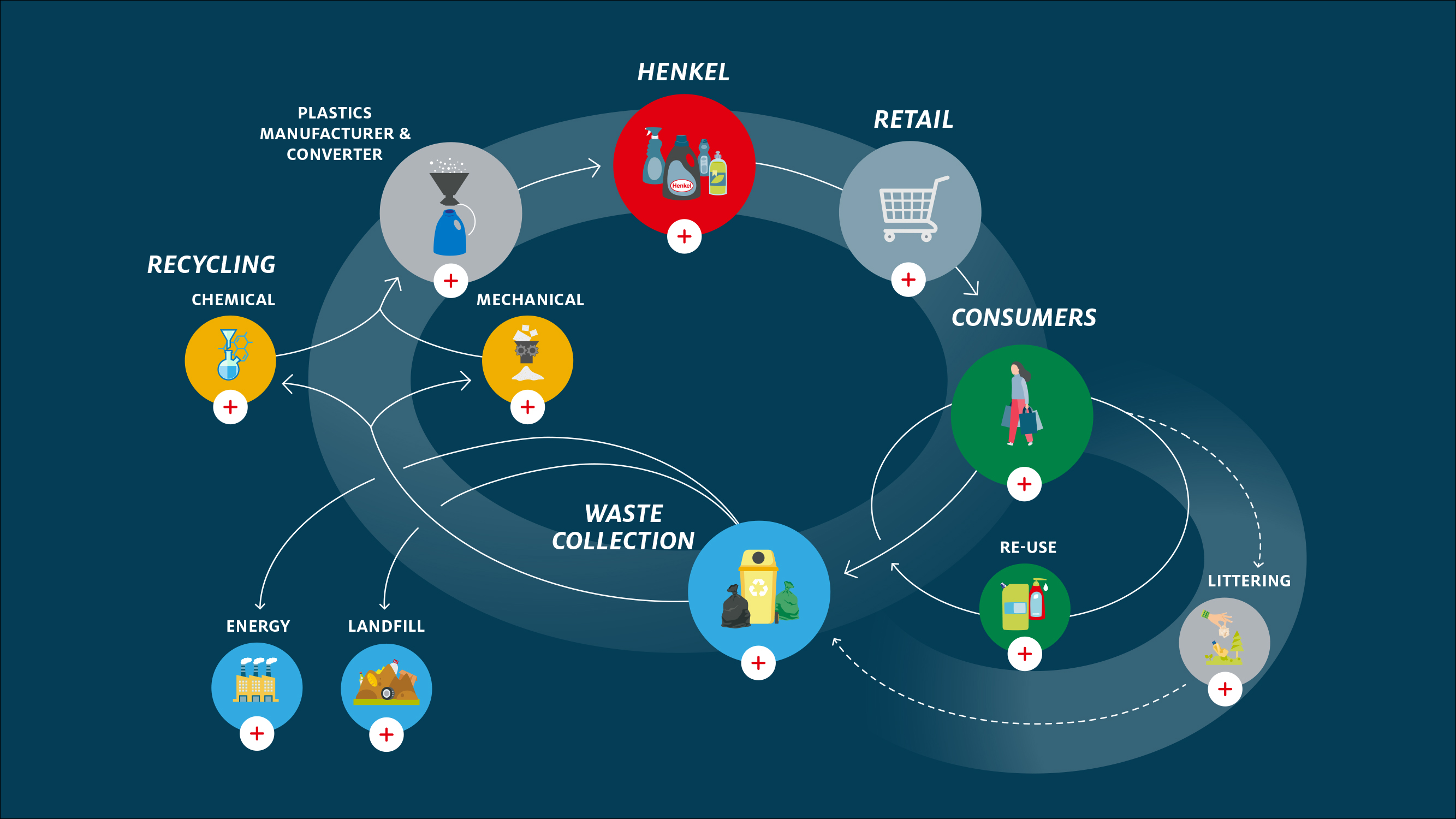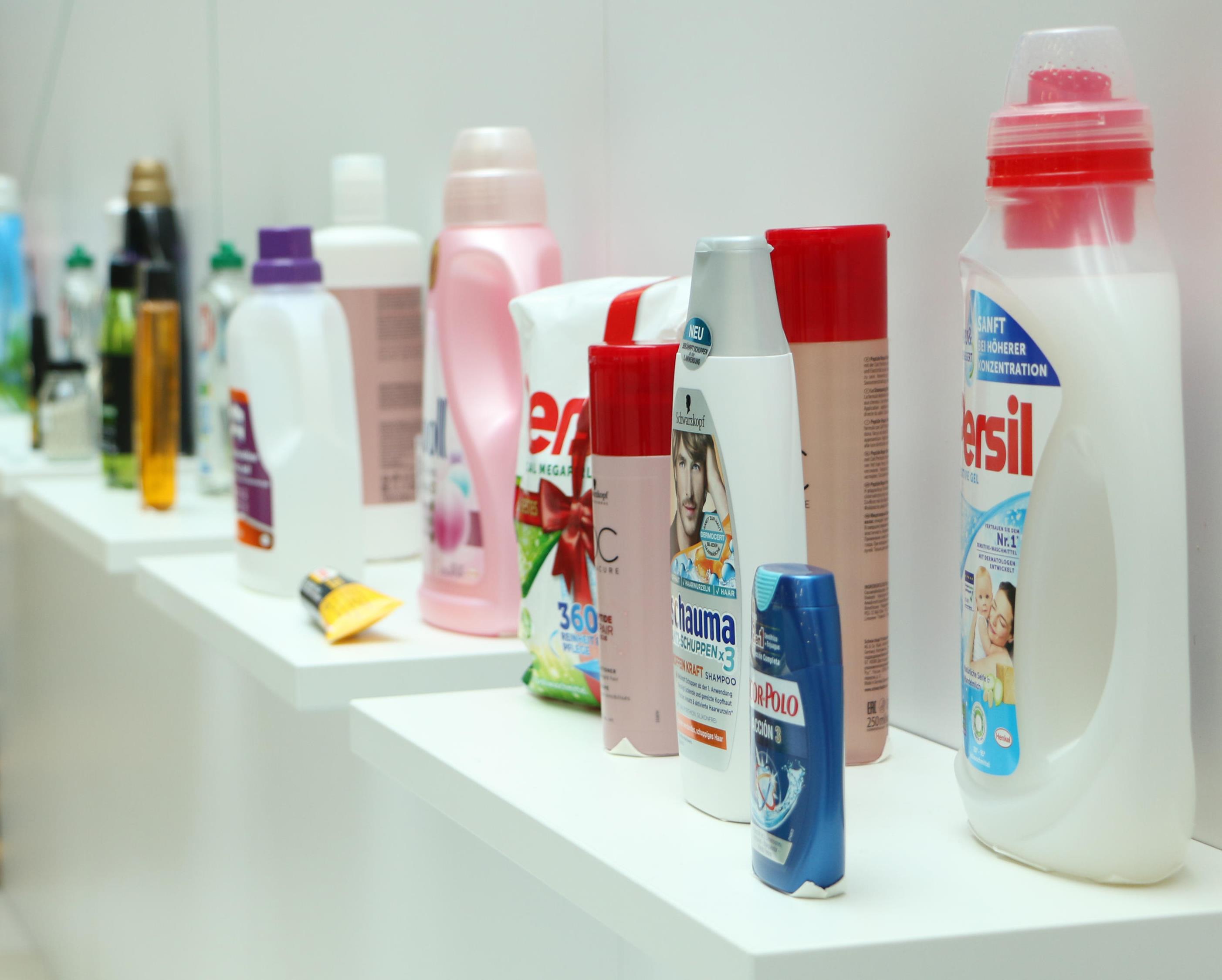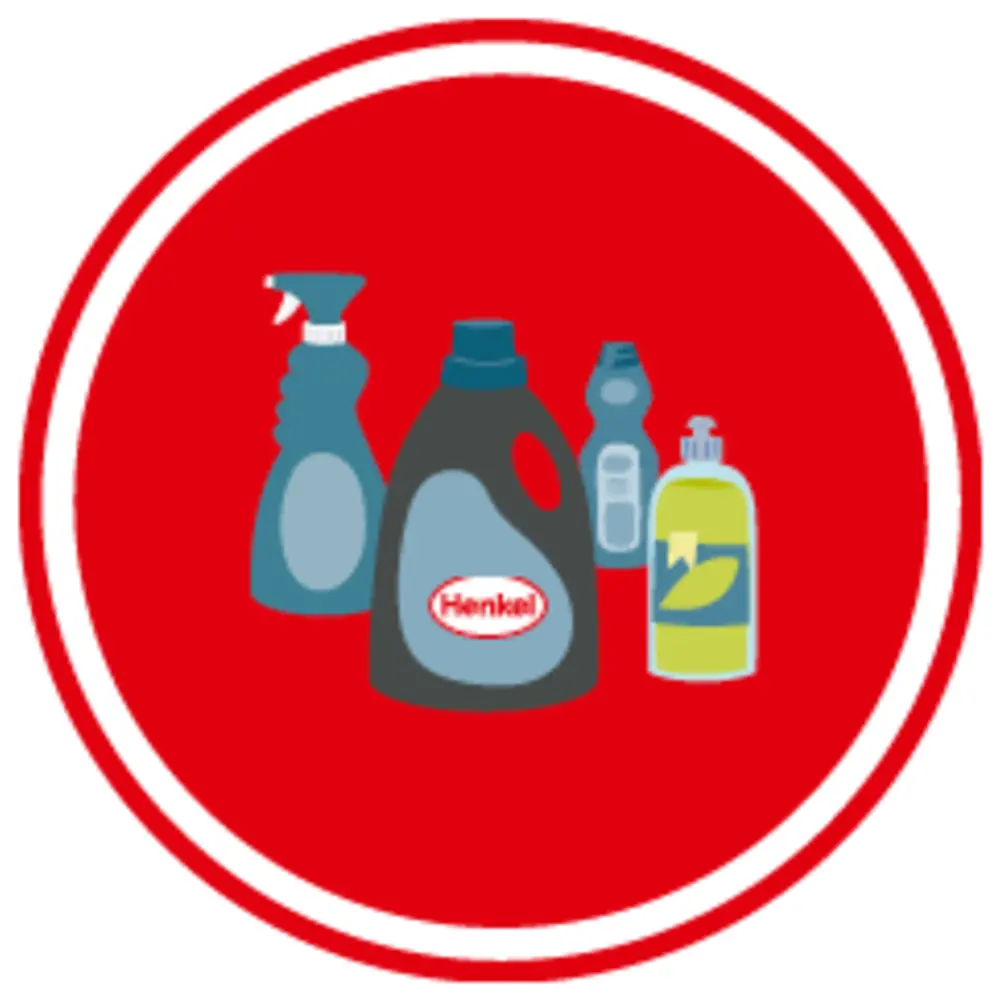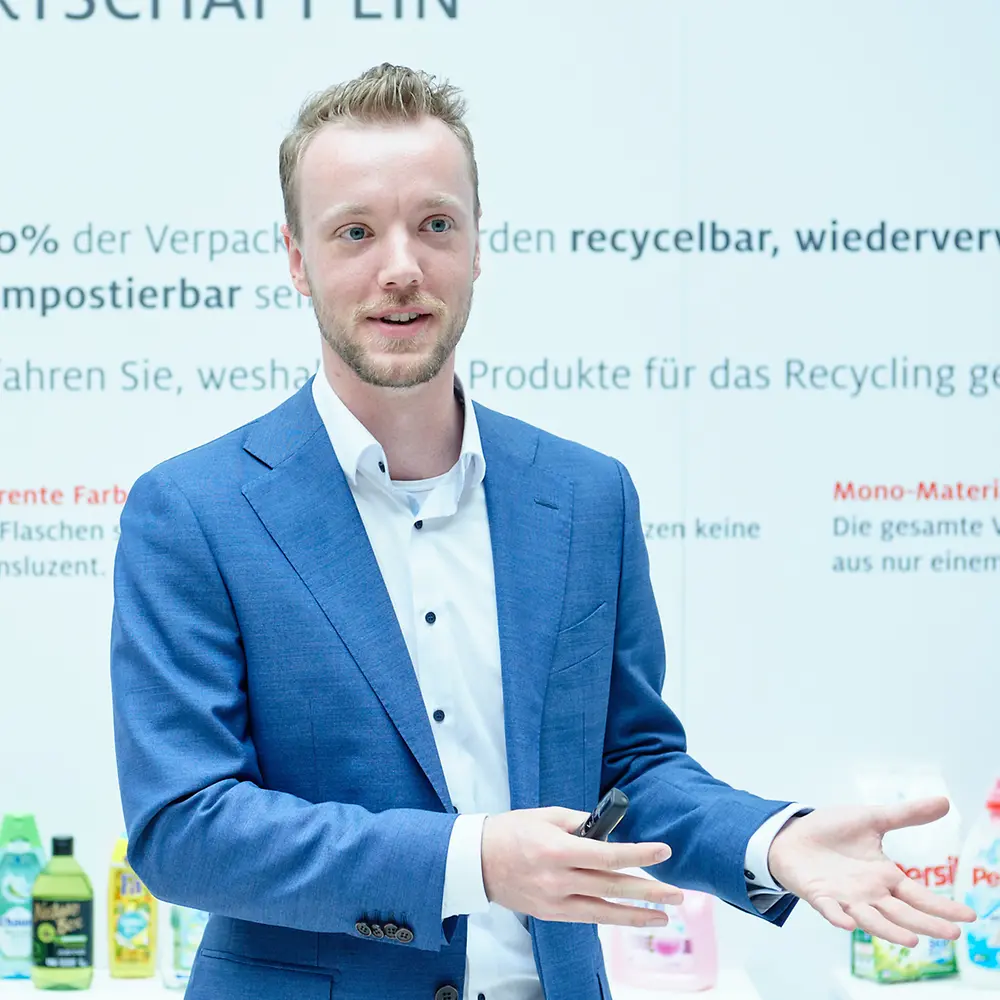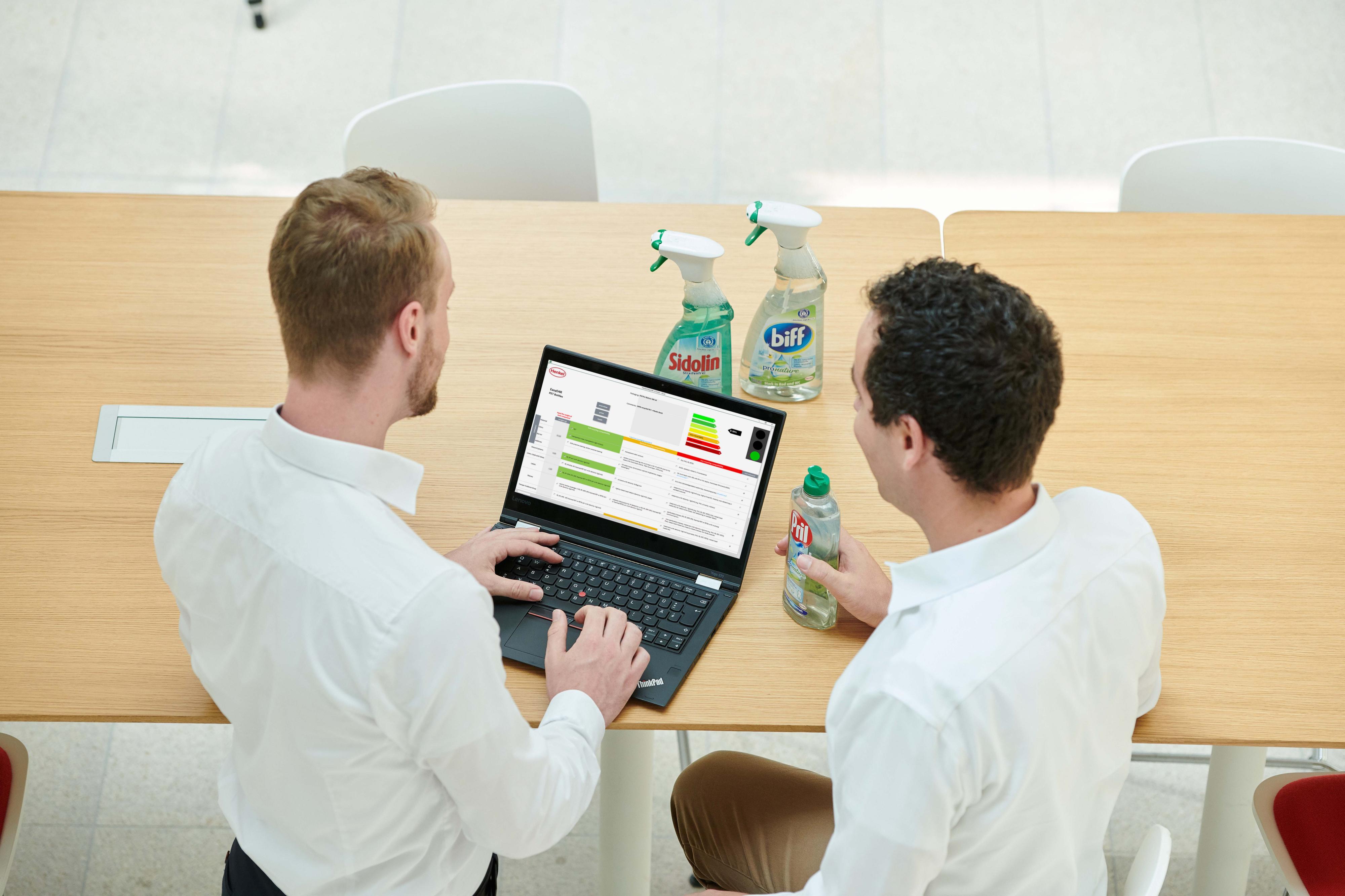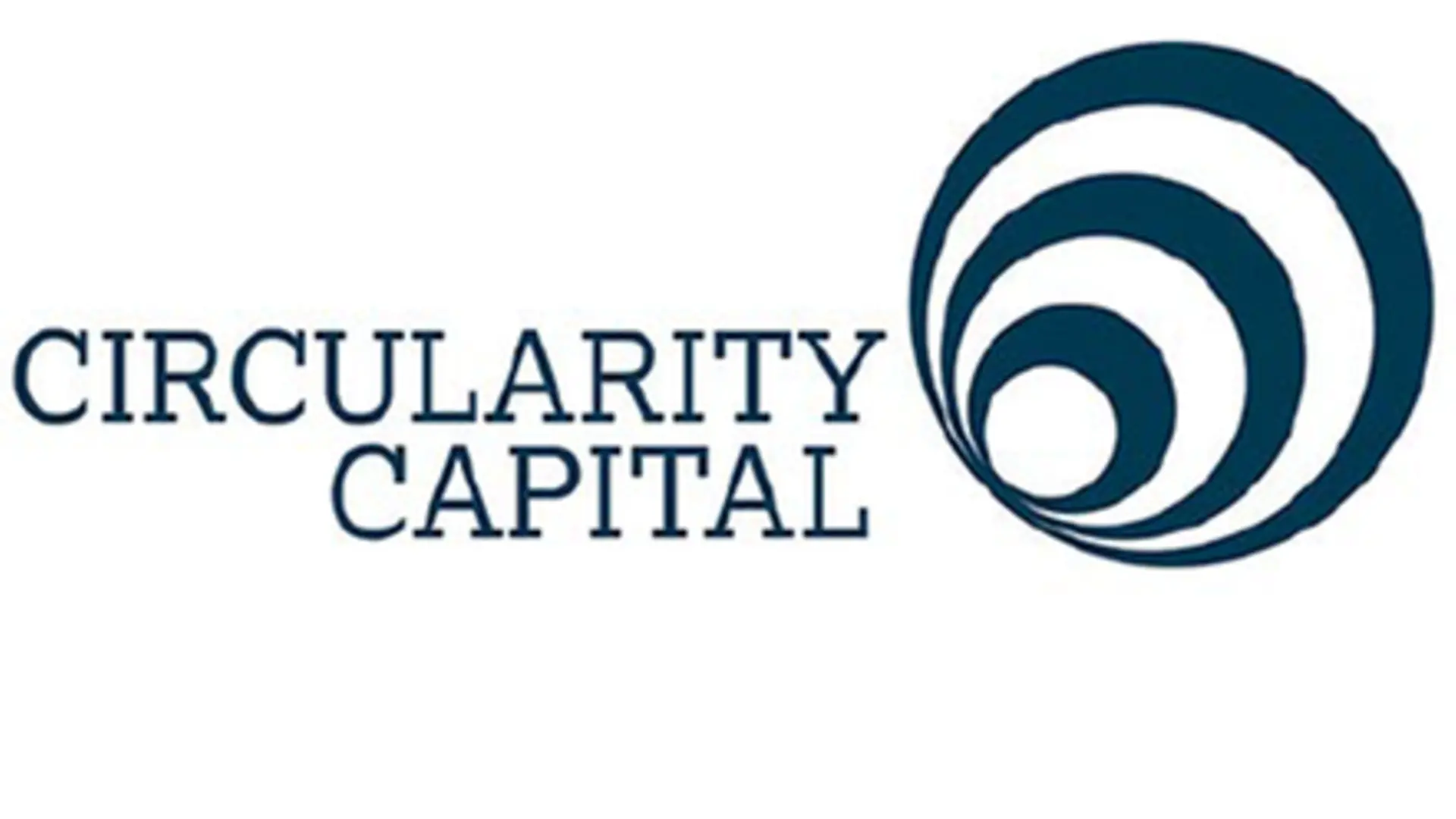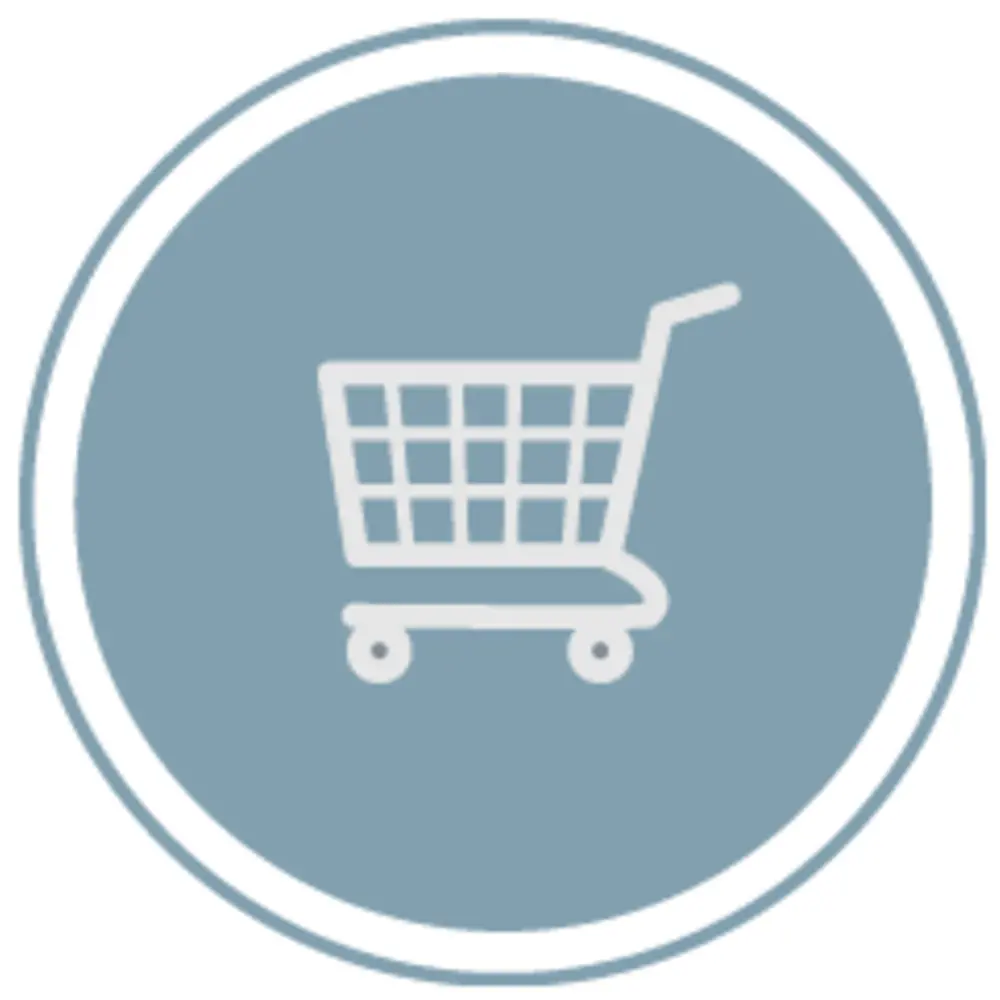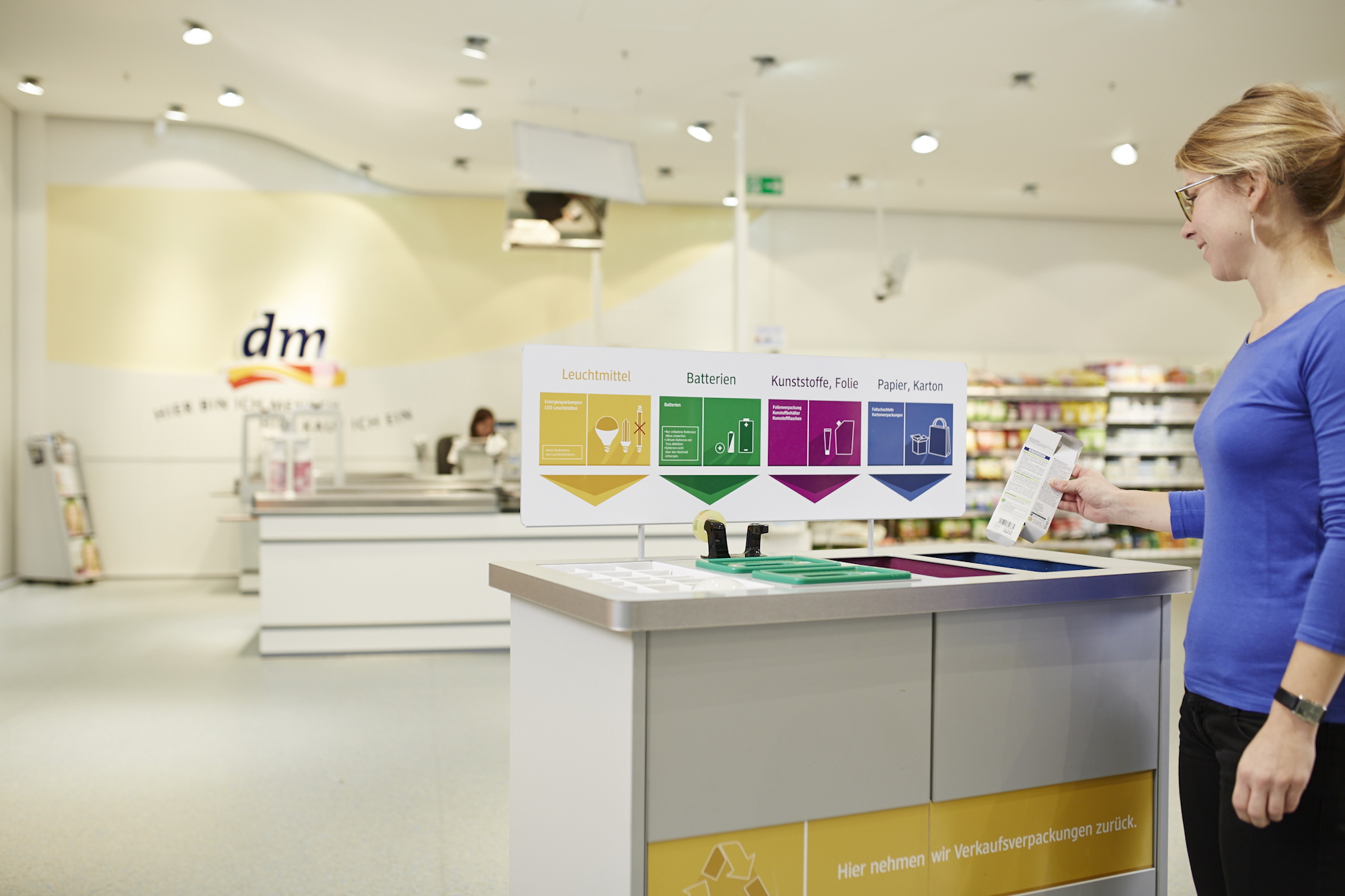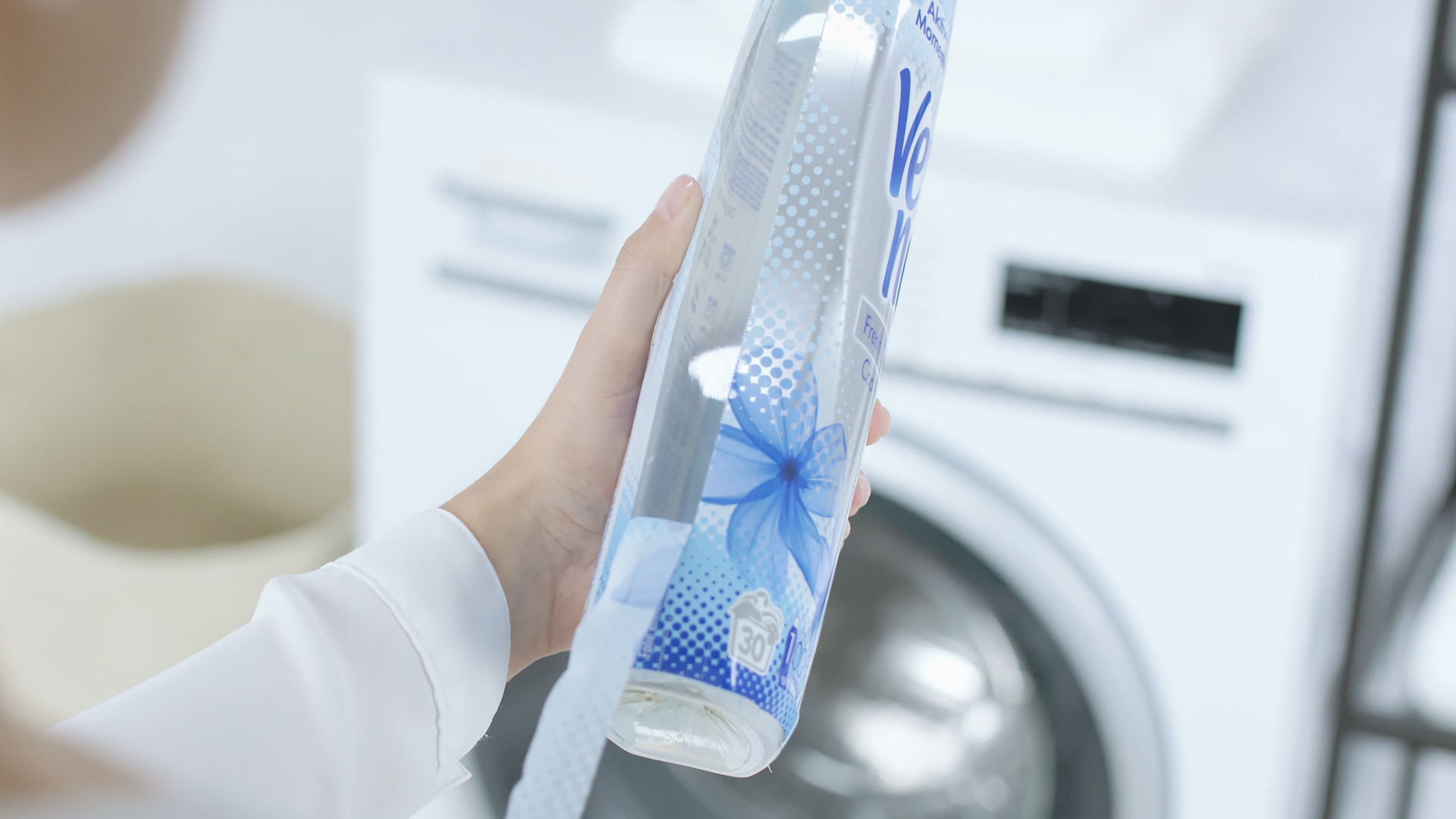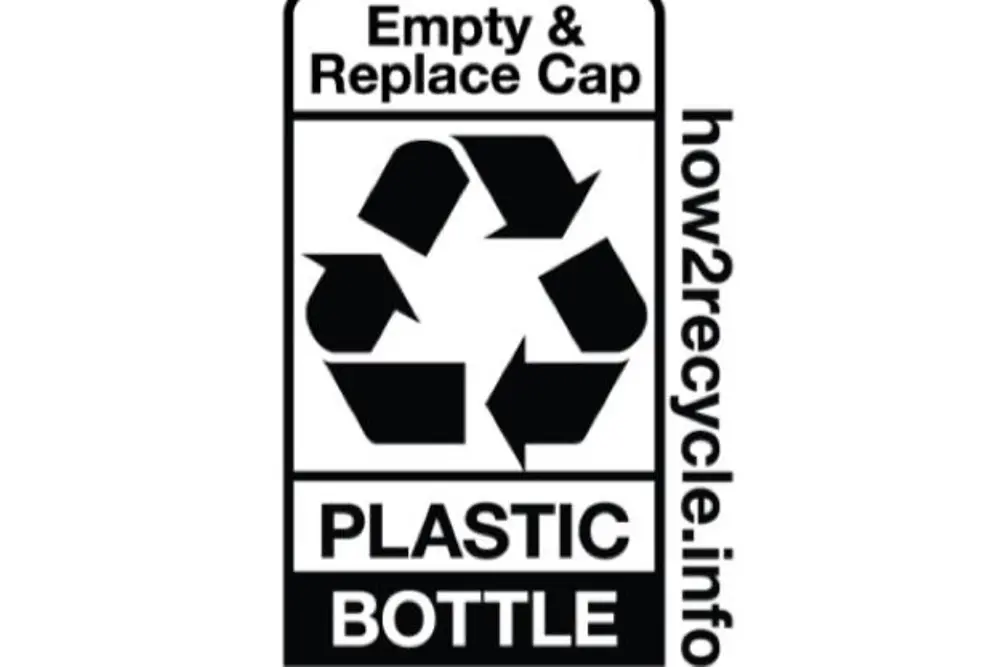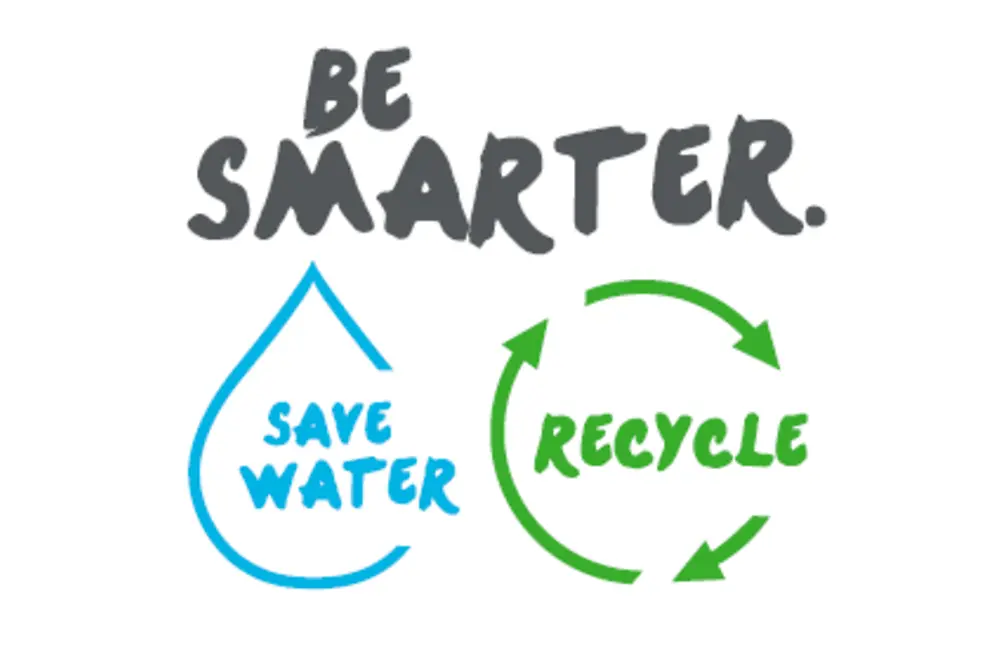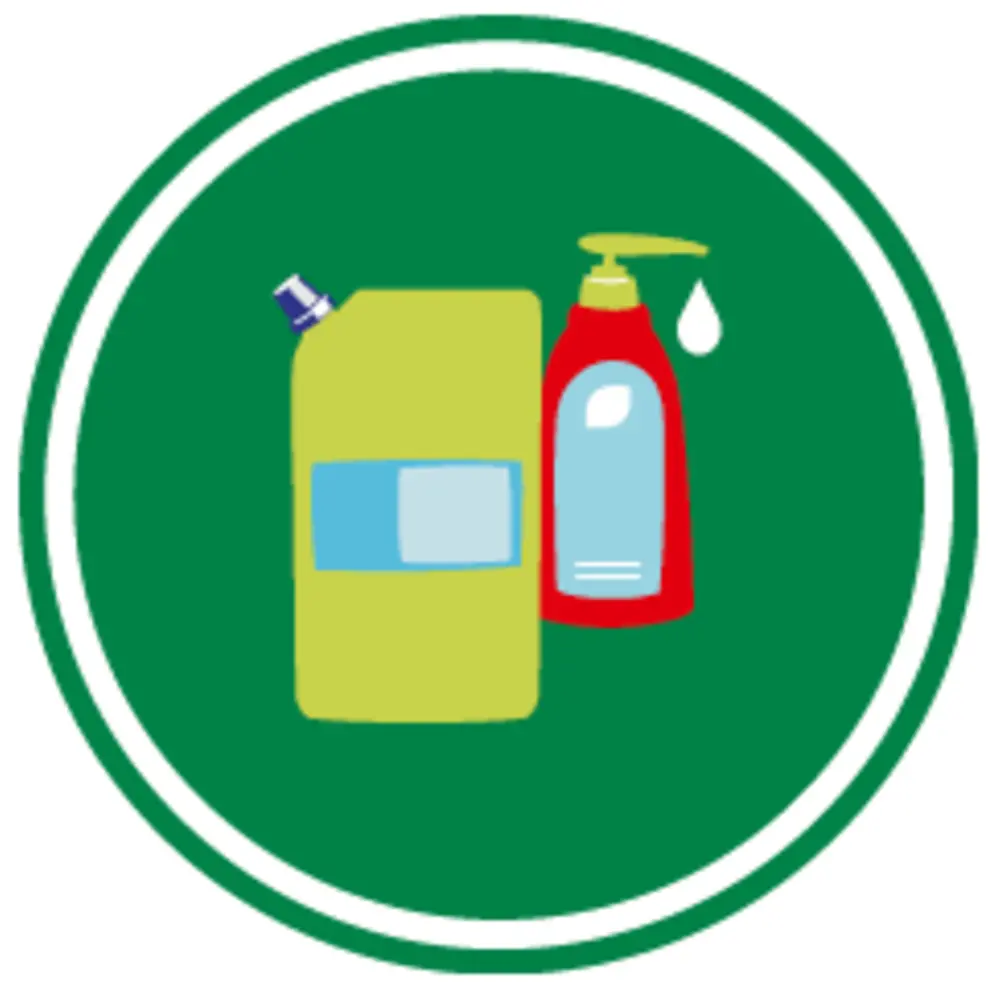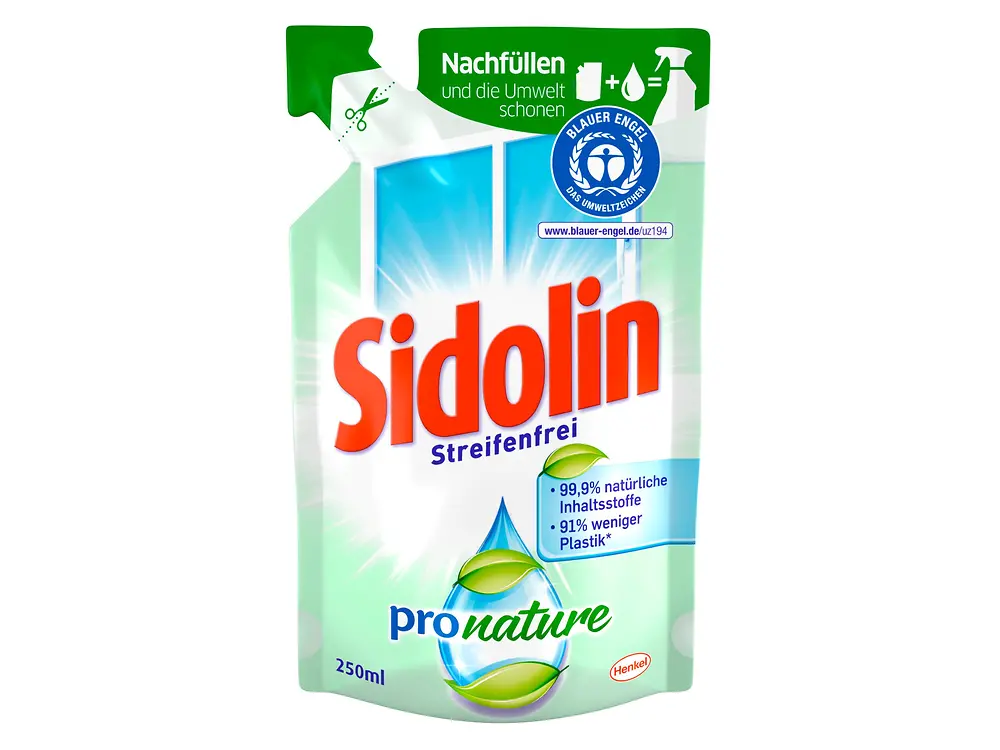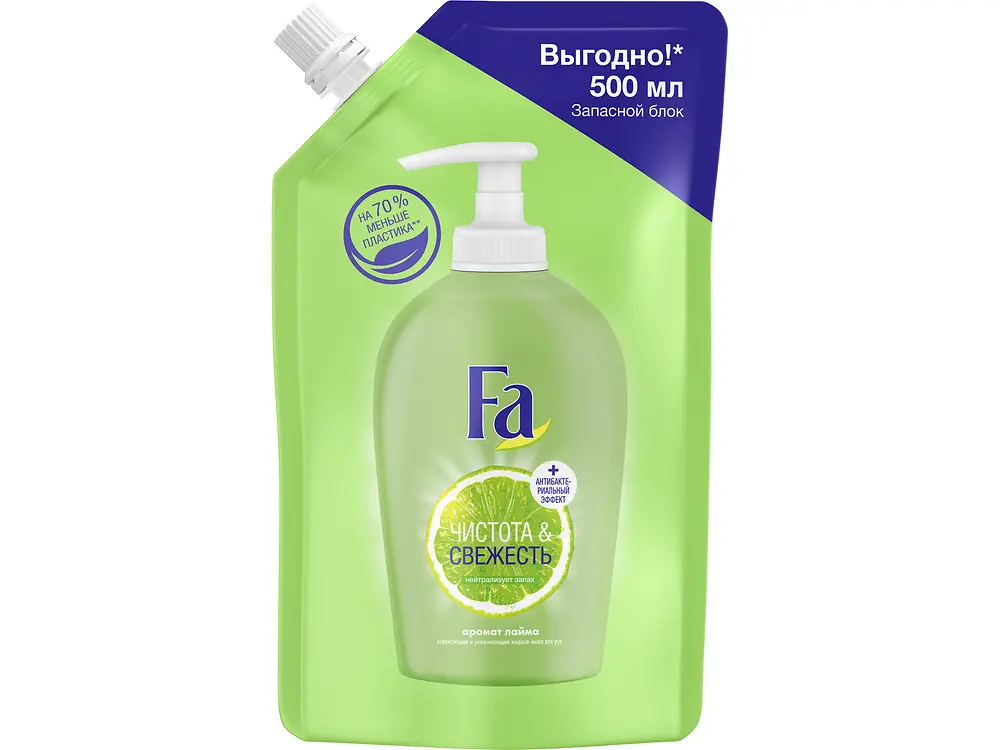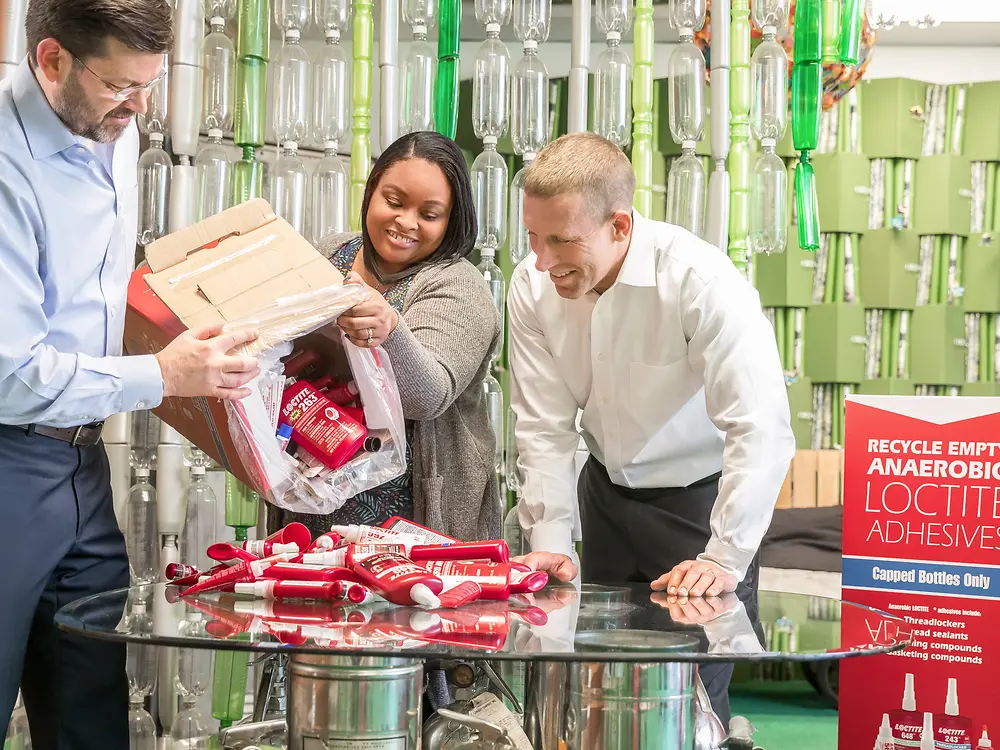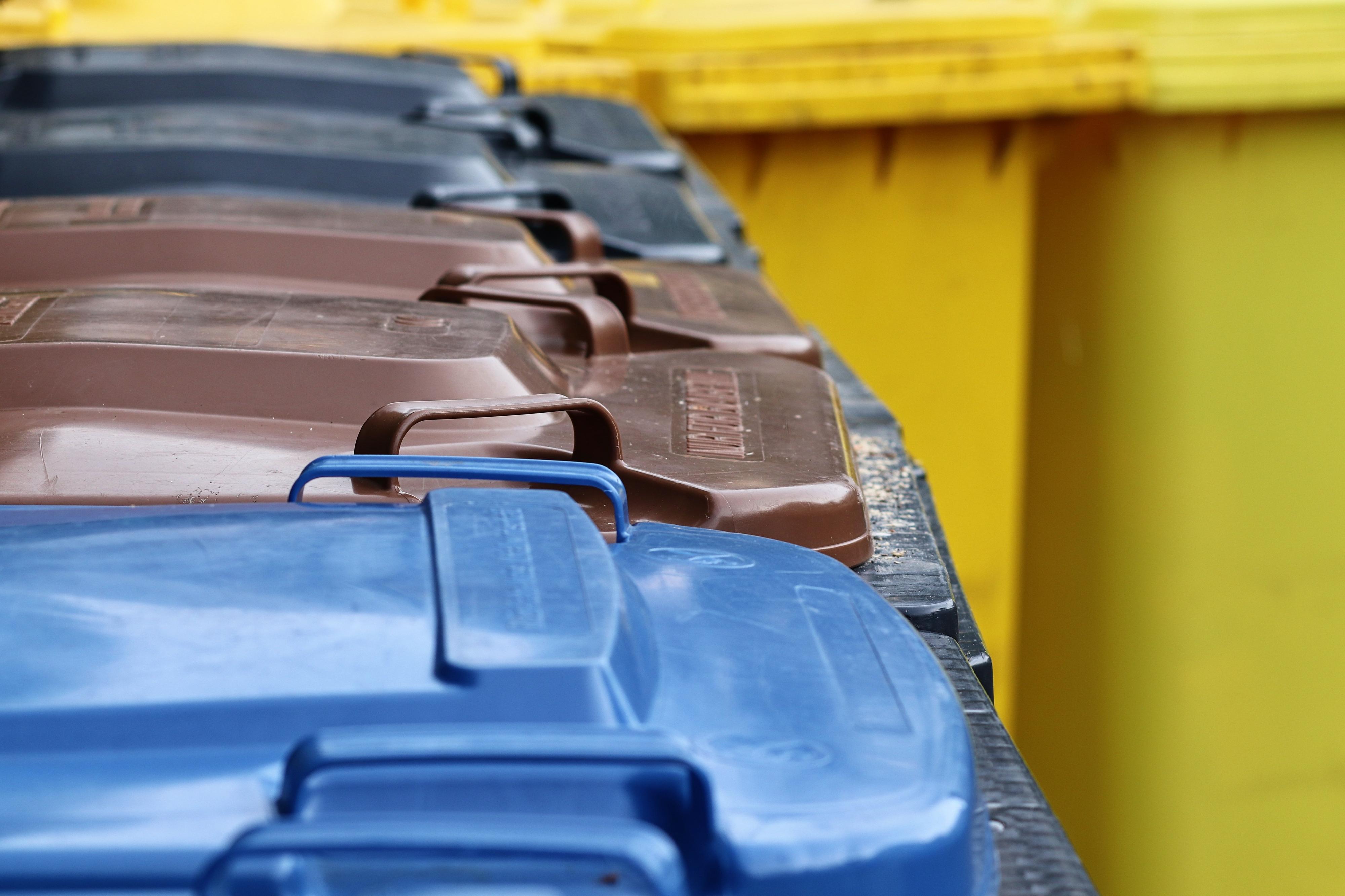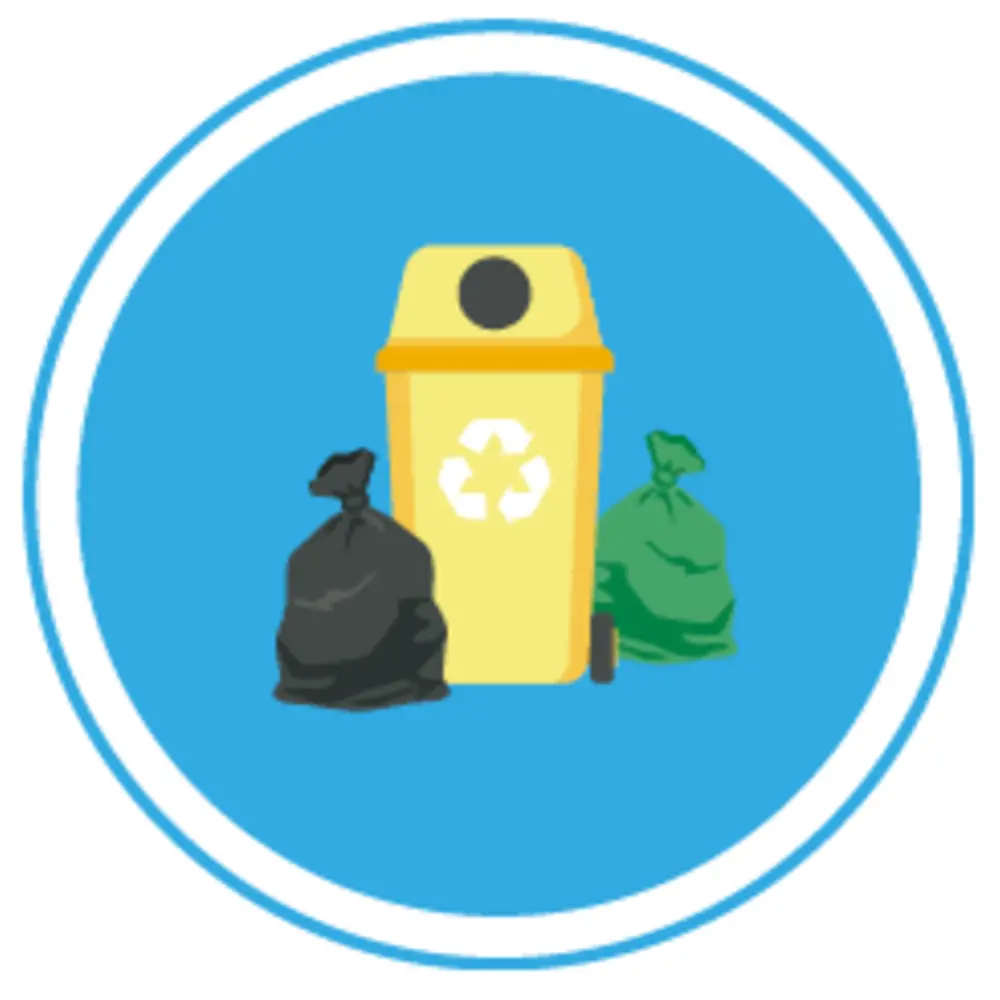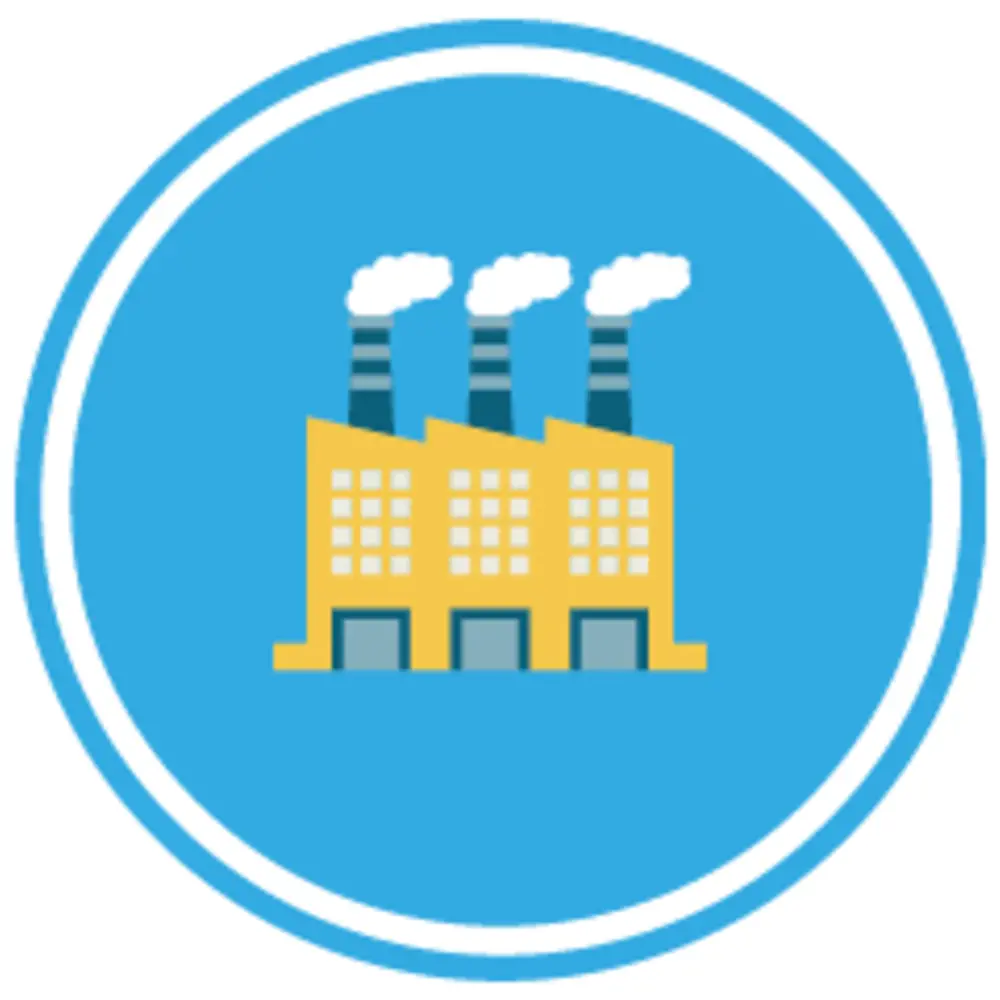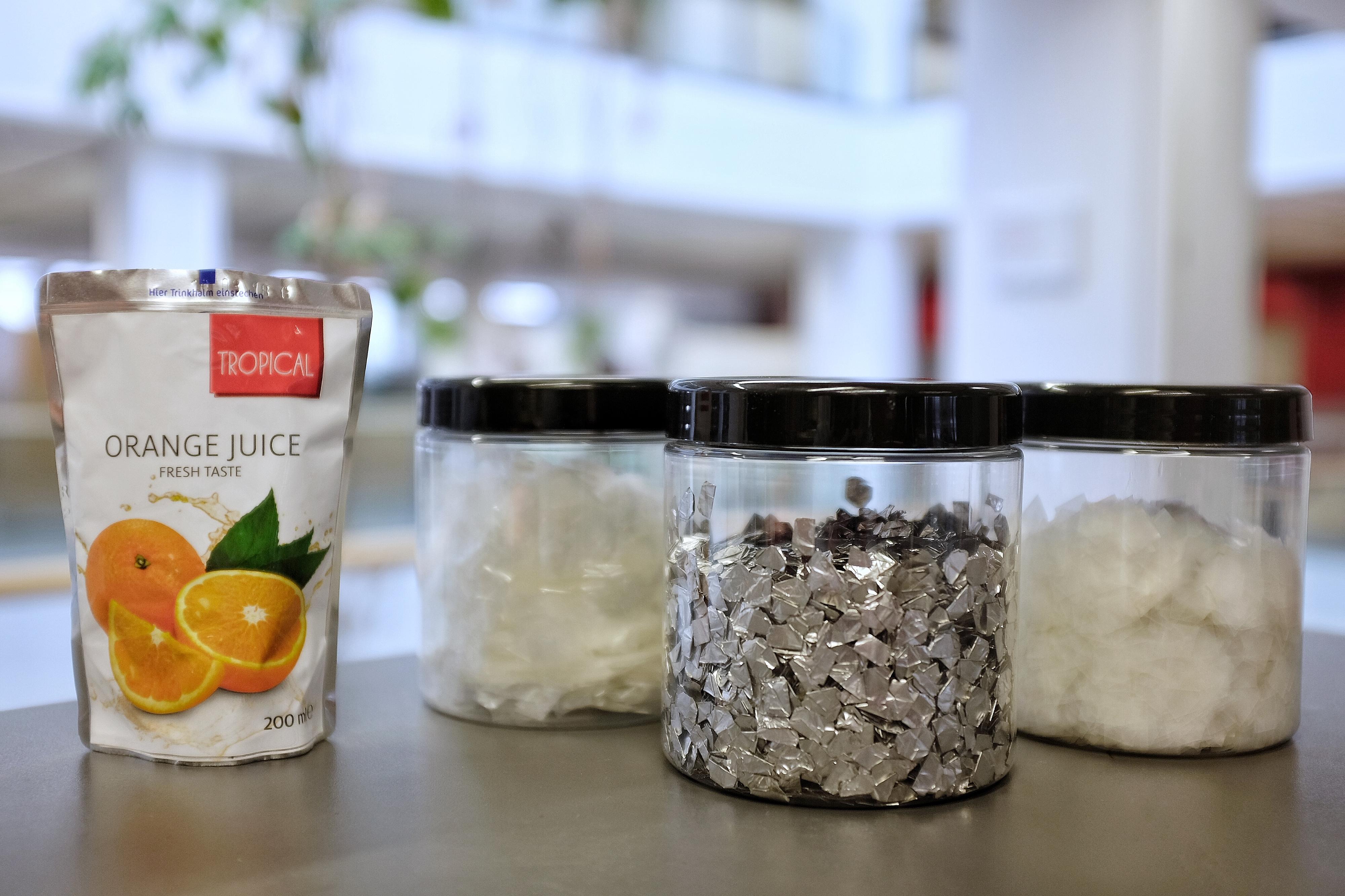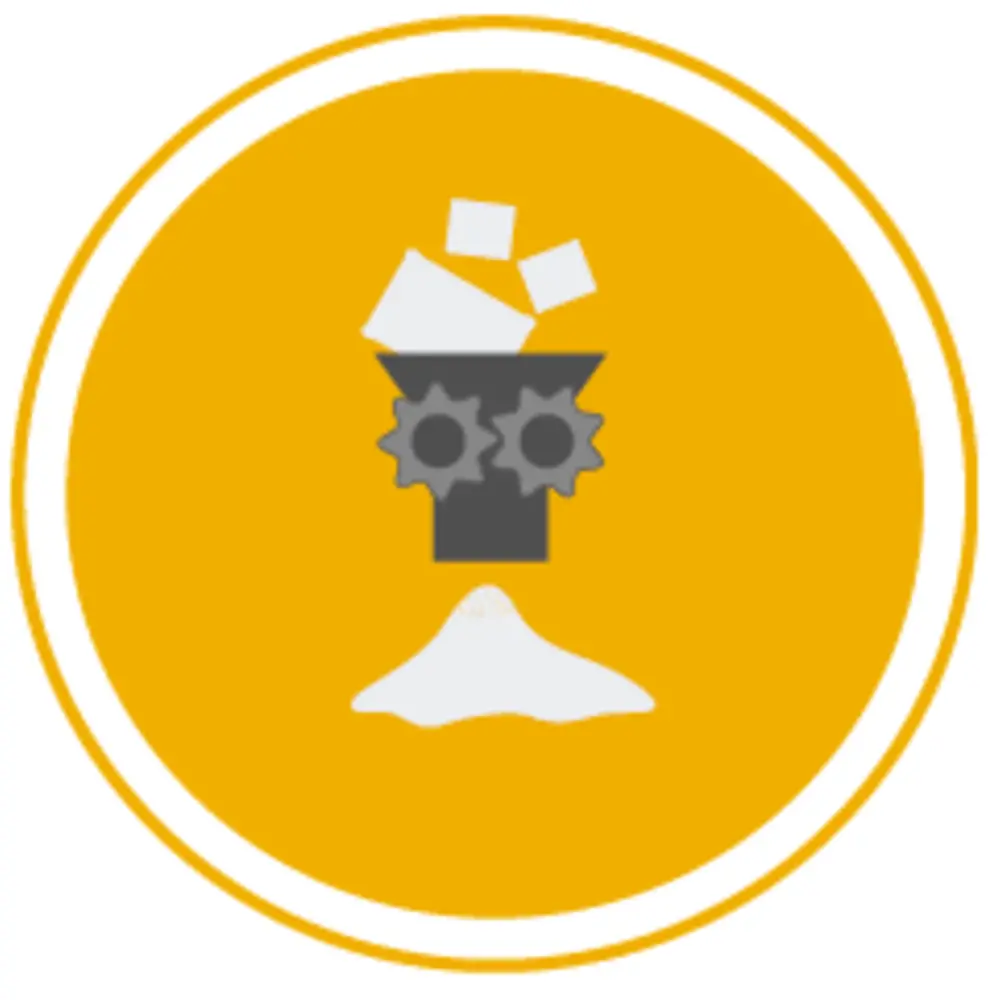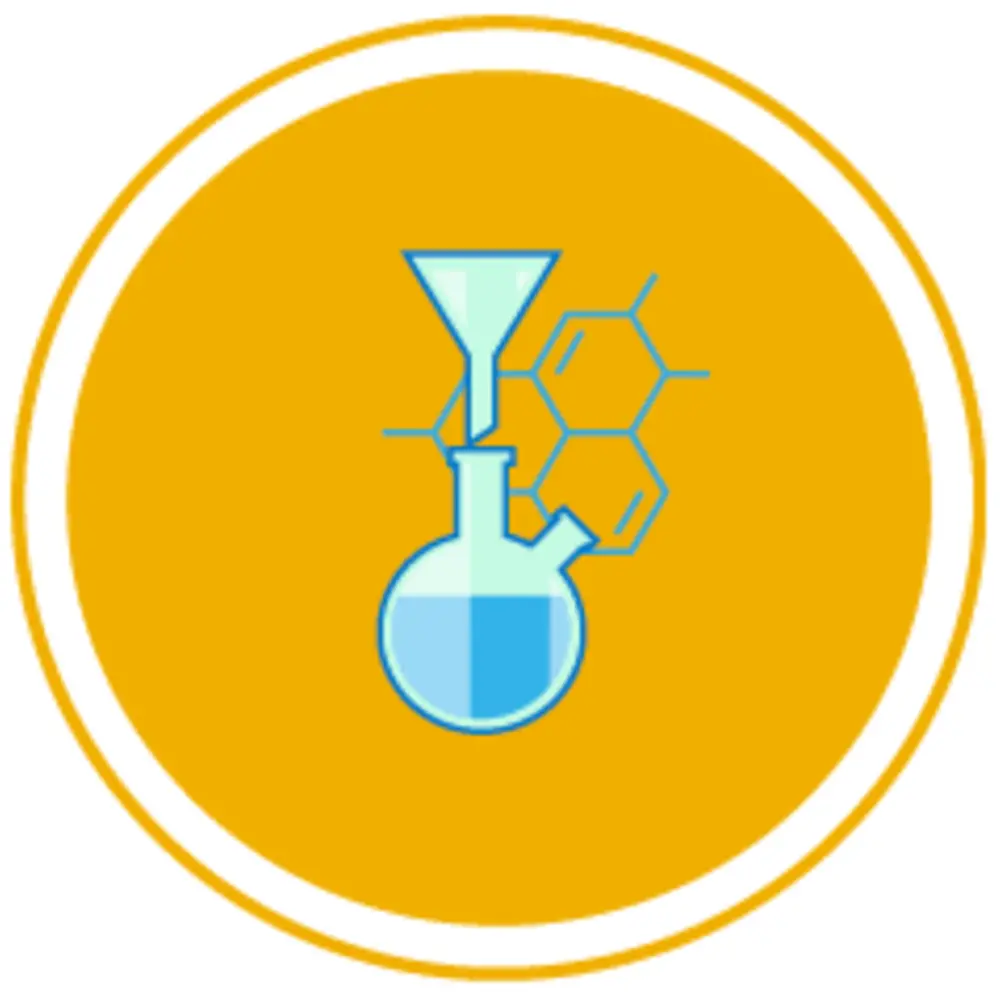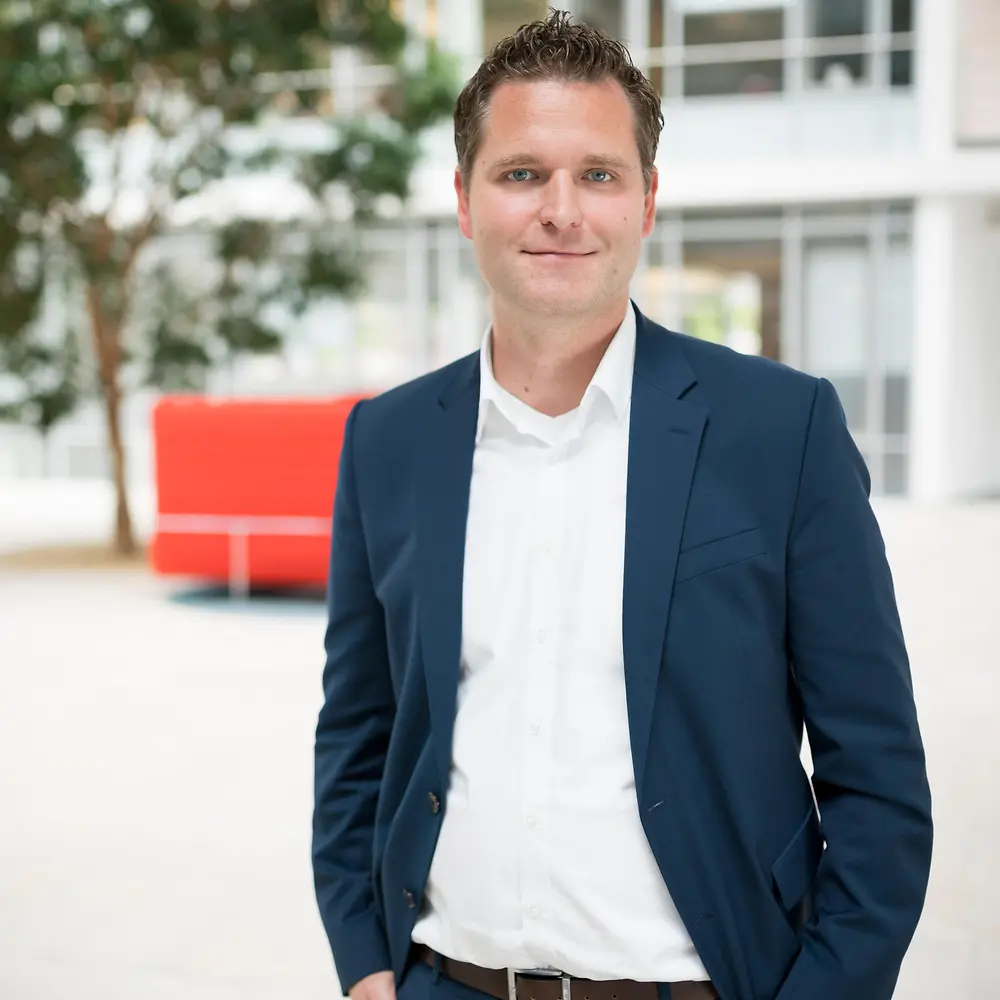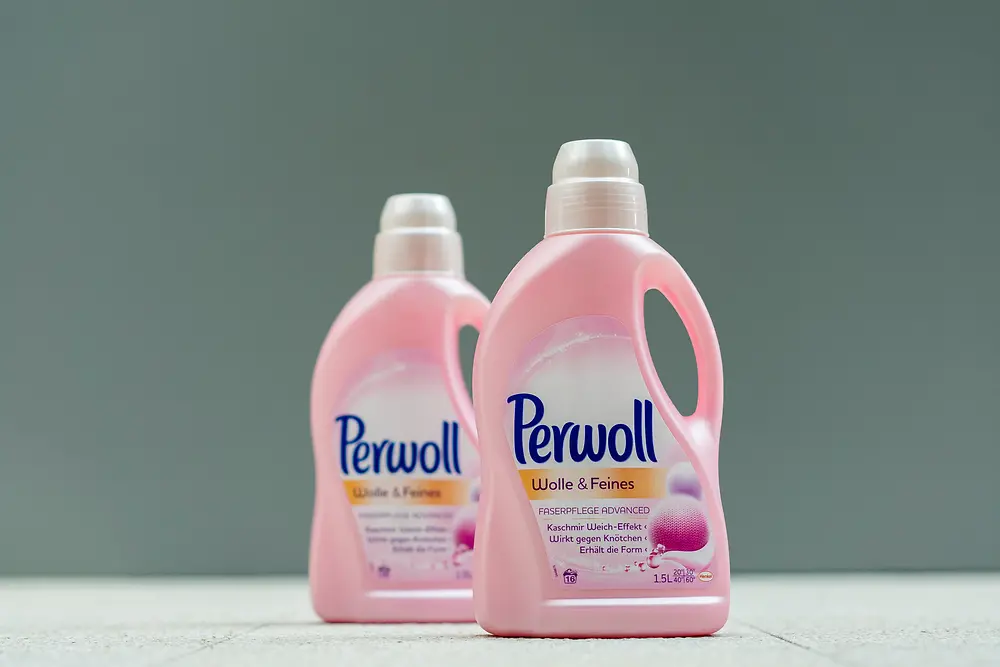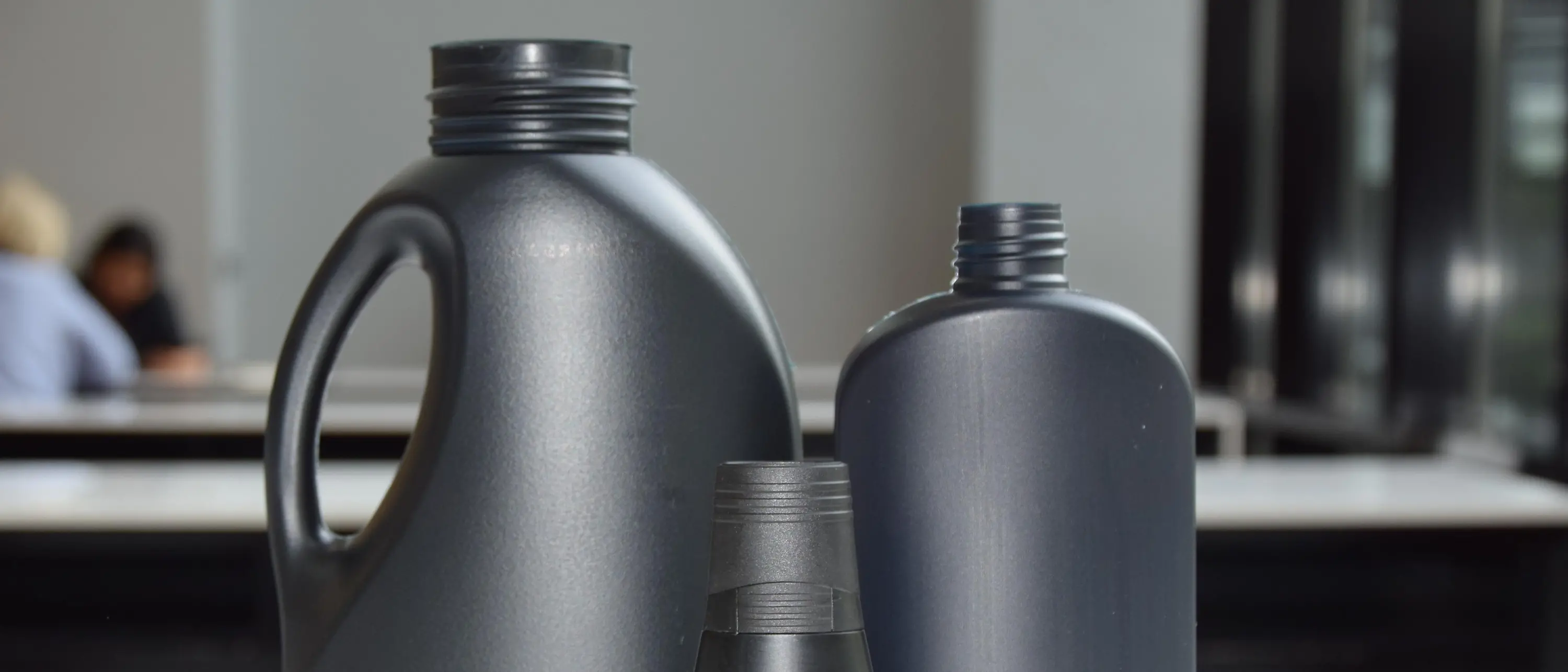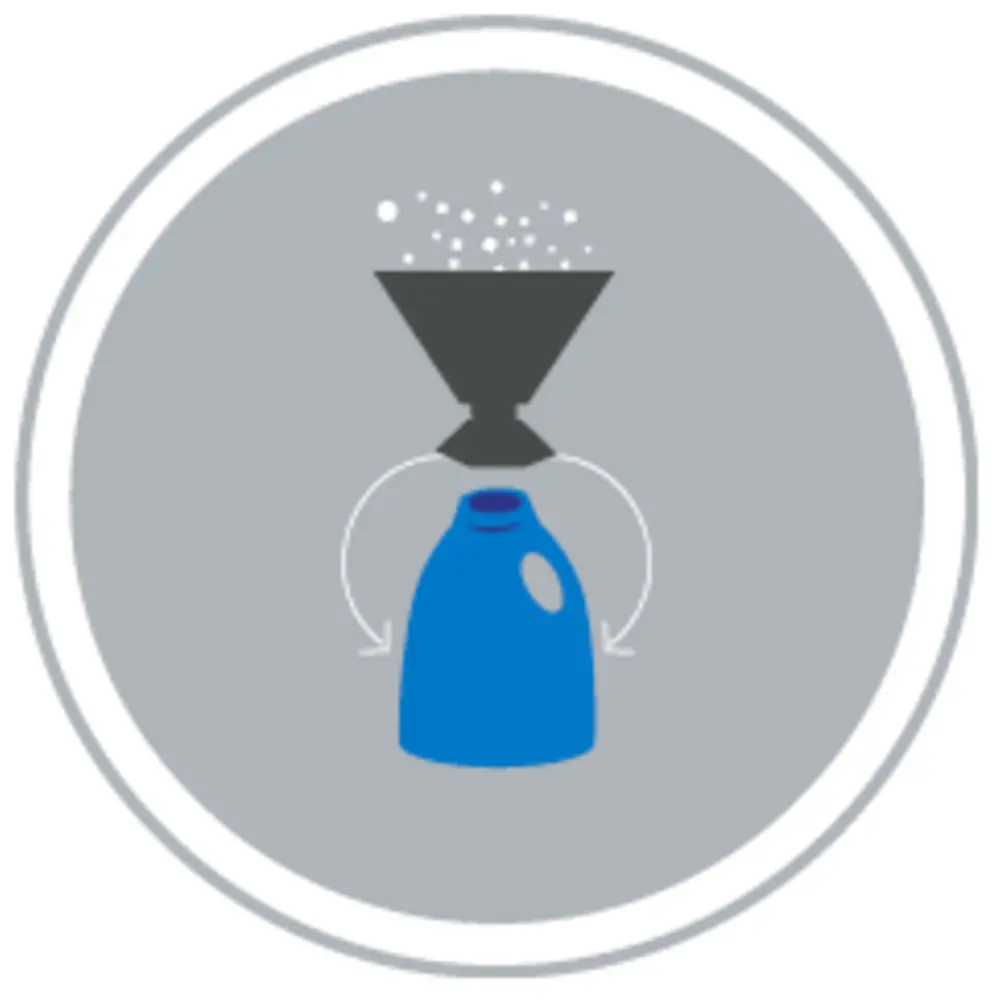360 million
tons of plastic are
produced worldwide.
source: Global Plastics Flow
Study 2018
There’s no doubt that it’s important to raise awareness about the need to keep plastic waste out of nature – and channel it into well thought-out recycling systems that turn waste into a valuable resource. While packaging certainly presents several challenges, it also plays a key role in our modern way of life. Without it, most products would expire or get damaged before arriving in a store. Banning plastic isn’t the best solution, as other types of packaging, such as glass or metal, often have a bigger carbon footprint.
A consistent recycling economy keeps plastic in the value chain for as long as possible.
According to the New Plastics Economy, which brings together business, government and other actors to rethink and redesign the future of plastic, we should look to reduce the amount of plastic we use, reuse it wherever possible, and ensure it is recycled properly so that it stays within the plastic value chain – a concept known as the circular economy. Companies that manufacture consumer products have a responsibility to promote sustainable packaging and support the transformation to a circular economy. But progress will only be possible if all stakeholders along the entire value chain join forces.
As a global consumer goods and industrial company, we at Henkel want to contribute to ending plastic waste. Developing sustainable solutions for this challenge will only be possible if we engage and collaborate across the entire value chain – from suppliers, trade partners, consumers and organizations through to governments.





